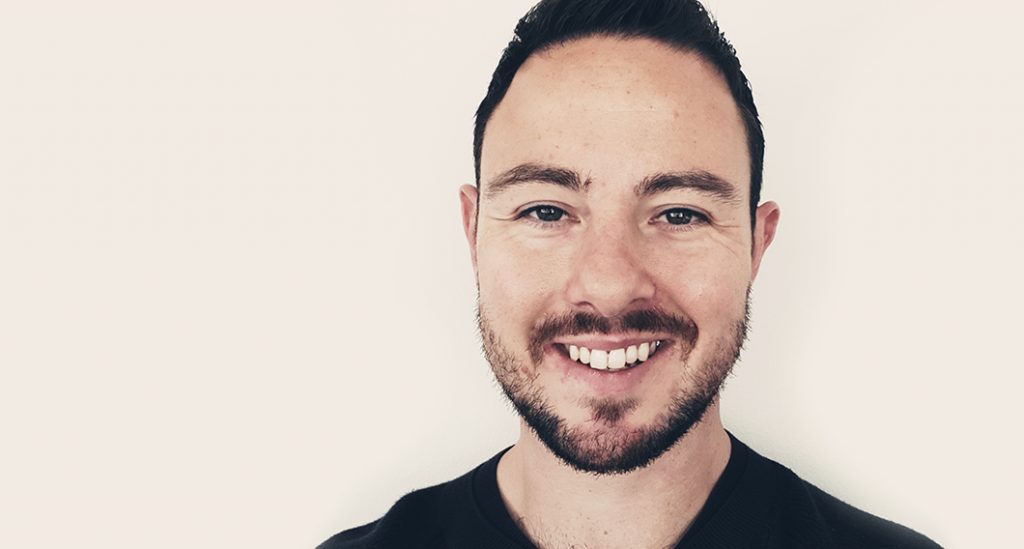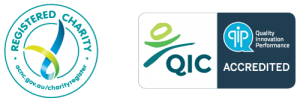
Name
Dan Ball
Job title
Founder and Director
Organisation
What are you/your organisation currently focusing on in terms of workplace health and wellbeing?
We are passionate about workplace peer support programs. Specifically encouraging workplaces to engage staff with lived experience to co-design health & wellbeing strategies.
Peer support programs with the right structure, processes and of course training offer a proactive, inexpensive opportunity to improve staff wellbeing and togetherness.
What aspect of workplace health and wellbeing does your organisation do well in?
In terms of our own organisation we take great care in understanding each other’s circadian rhythm and have flexible working to respect them. Our team knows that I am an early bird. I turn to sloth mode in the afternoon and then come good again in the evening. I know that some of my colleagues are night owls and do their best work then.
It makes sense that we are working when we actually do our best work, rather than be confined to a 9-5, and we make sure that we connect with each other when we are ‘on’. This has increased empathy in our team and we understand each other’s lives better for it.
What’s your biggest challenge working in workplace health and wellbeing?
I feel the biggest challenge is that workplaces still often adopt reactive approaches to health and wellbeing, although there are promising signs this is changing.
As an industry we are also still challenged by organisations putting initiatives in place without any input from their staff, based on what they think they need. Guess who knows what they need when it comes to health and wellbeing? The staff themselves, and especially those with lived experience.
How does WayAhead Workplaces add value to your organisation’s health and wellbeing program?
No one person or organisation holds all of the answers and WayAhead Workplaces provides a network of other awesome people and organisations doing great work that we learn from.
It has been fantastic meeting other members passionate about health and wellbeing and I look forward to networking more over the coming months, and hopefully at in-person events not too far in the future.
How do you deal with stress?
Meditation. Outdoors in nature or indoors. I nerd out on both science and spirituality and have a couple of art pieces of a galaxy cluster and a dying star which I meditate on as symbols of my Insignificance and Impermanence. This centres me and reminds me to appreciate the short time we have here on earth.
What are the key issues and considerations for people in workplace health and wellbeing roles?
Changing the mindset of senior leadership in relation to health and wellbeing budgets. Staff health and wellbeing is an investment, not an overhead or something you can expect an immediate return on investment from.
Promoting a greater emphasis on how connected staff are to each other and how much time they have been able to spend with family, and correlating that to absenteeism and presenteeism over time, will show greater results in the long run.
However, some organisations are shifting their mentality from financial motivations to looking after staff just being the right thing to do, and that’s nice to see.
How do you switch off from work?
Walking in nature (or wherever a 5km radius allows), running, weightlifting (when gyms are open), reading, darts, and staying as far away from technology as possible. I love learning about wine and experiencing wines from around the world and my partner and I love spending hours on feast. Lockdowns have given me a renewed appreciation of our slow cooker. I feel its way of life really matches my vibe.
What is your best time-saving tip?
No technology in the bedroom. Aside from research telling us the impact screen time has on melatonin release and our sleep, I find much more time for reading. It also allows me to enter the new day on my terms, rather than attend to messages, news and mindlessly scrolling first thing in the morning, which I would often spend at least 30 minutes doing when I woke up next to my phone.
What do you think the future of work health and wellness programs look like?
Greater collaboration and integration across organisations. This pandemic gives us the opportunity to look at life a little differently and workplaces have a large role to play in reinstating the sense of community that we have seemingly lost in society over the years.
Working from home will remain long after COVID-19 disappears and this means we’ll need to seek connection closer to home. It’s severely restrictive if that is limited to just colleagues from our own organisation.
A Wellbeing Manager may have more in common with Bob down the road, a Wellbeing Manager at another company, than a sales person from their own company on the other side of the city. From my perspective, it makes sense that we will see more industry specific and even job role specific peer support initiatives and health and wellness programs pop up.


